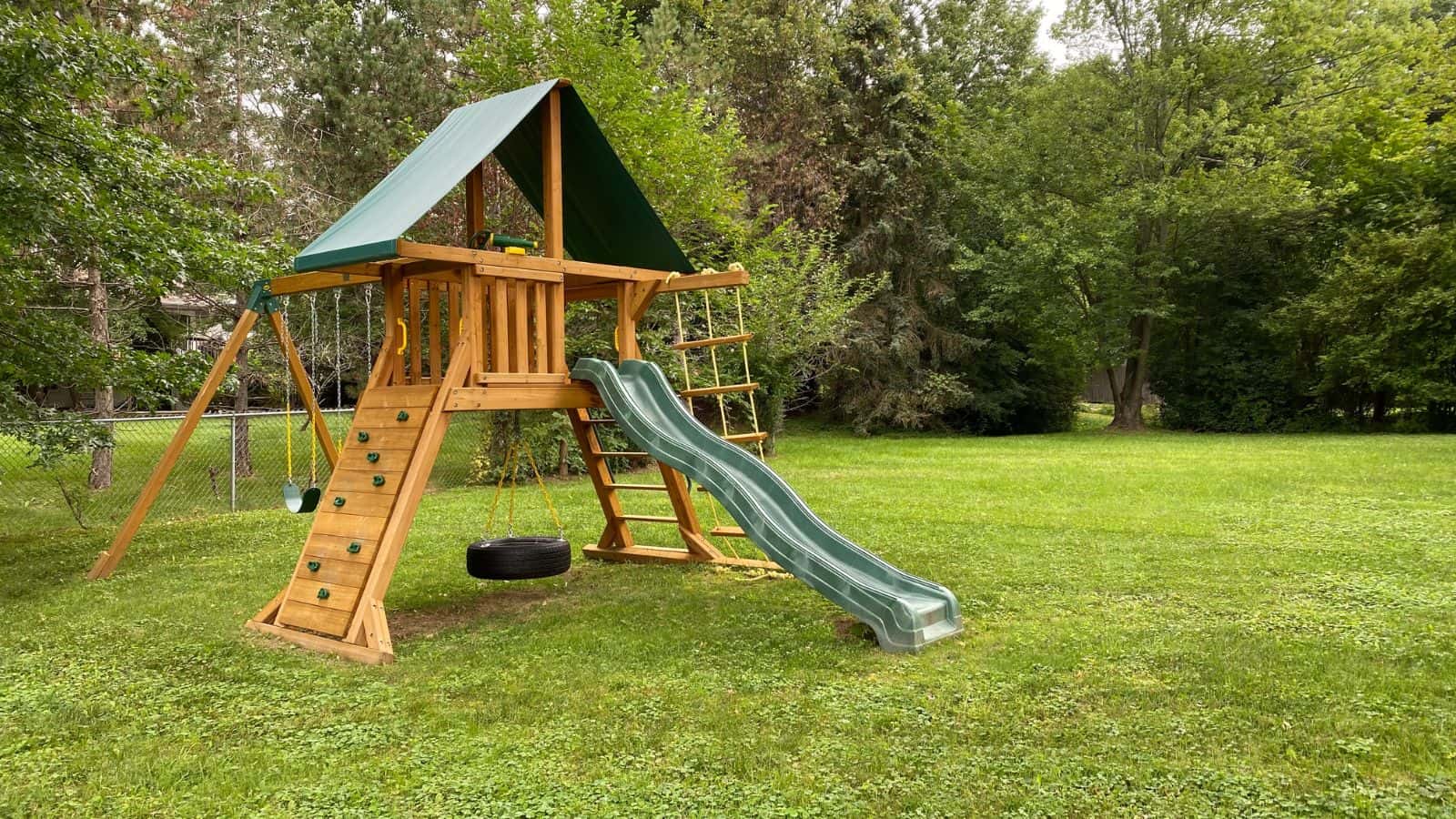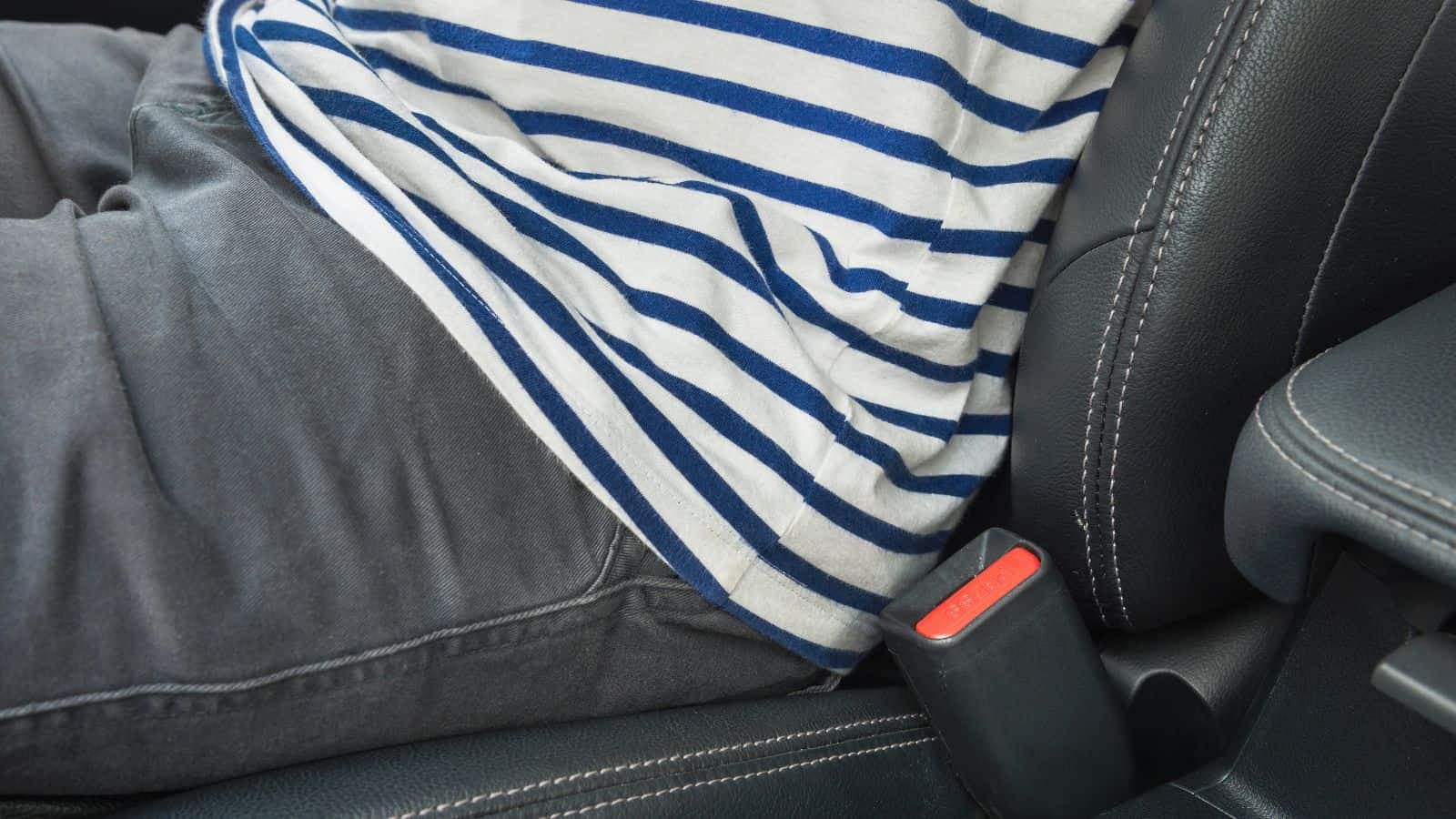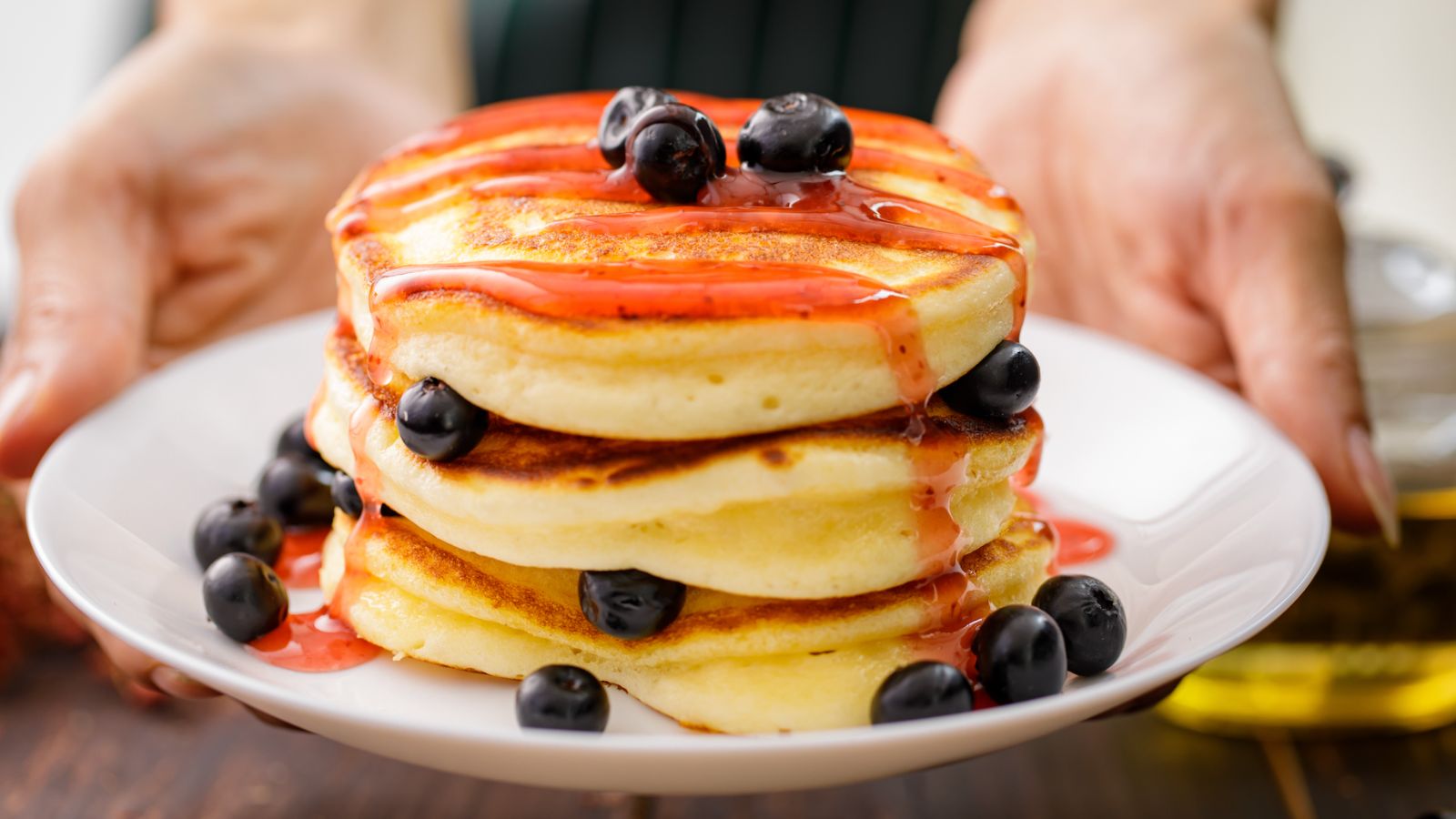The 1970s were a wild decade for many reasons, including the fun things that we did, which were admittedly rather dangerous. Nowadays, society is keener on health and safety, so there are many cool things we can no longer do. Here are 17 that are now banned for safety reasons.
Chemistry Kits

Chemistry kits are still a great way to teach children about science, but the sets sold in the 1970s were hazardous. Some of them came with real chemicals, like copper sulfate and iodine, and burners that could catch fire. Without a doubt, they were a huge safety concern, so they’re now far tamer.
Steel Playgrounds

Nowadays, most playgrounds are made of plastic or wood, but back in the ‘70s, they used to be made of metals, like steel, which were massive safety hazards. When steel slides and swings became very hot, they caused burns, and the metal frequently chafed and pinched children’s skin.
Ker-Bangers

Also known as ‘Clackers,’ Ker-Bangers was a toy that many ‘70s children owned, consisting of two tempered glass balls on a string that swung together. According to the U.S. Consumer Product Safety Commission, Ker-Bangers were a safety hazard because the balls often shattered, causing injury. Naturally, they were recalled in 1985.
Riding in the Car Trunk

It was common for kids in the ‘70s to ride in the car trunk. While it’s not technically illegal in every state, riding in the car trunk nowadays is considered dangerous and stupid because there are no seatbelts. Police will pull you over if they catch you doing it.
Candy Cigarettes

The US has cracked down on advertising smoking since the 1970s, and that includes banning candy cigarettes, which were made of chocolate or bubblegum and made to look like the real deal. The US officially banned them in 2010, so the younger generation won’t get to fake-smoke them like ‘70s children did.
Not Wearing a Seatbelt

From 1968, it was law for all US vehicles to be fitted with seatbelts, but many people neglected to wear them in the 1970s. They look back on those days nostalgically, but seatbelt laws have since become far stricter, with New York being the first state to make seatbelts compulsory in 1984.
Drinking From Garden Hoses

Drinking from a garden hose sounds disgusting, but many ‘70s children had fun doing it. Though they survived to adulthood, experts highly recommend curbing the habit nowadays because the water likely isn’t clean enough for consumption. ThoughtCo explains that the hose itself is also likely dirty, which could make you sick.
Walking on Train Tracks

Walking on train tracks, used or unused, sounds like madness, but many people fondly remember playing on tracks during their childhoods in the ‘70s. However, we don’t think we need to state the obvious reason why this dangerous activity was banned.
Lead Paint

Many people used to decorate with lead-based paint, but its immense toxicity led to its official ban for residential use in the US in 1978. Even minor exposure to lead paint is harmful, and inhaling lead dust is poisonous. Even if it looks good, it’s not worth the health risk.
Smoking on Planes

The US has made considerable efforts to discourage smoking since the 1970s, and banning smoking on planes was an important step toward change. It was banned on domestic flights in 1988 and on international flights in 2000, ensuring that passengers were finally protected from inhaling secondhand smoke.
Lawn Darts

Lawn darts were another toy that was rightfully banned after the ‘70s. The darts had sharp points to stick into lawns, which were incredibly dangerous when children played with them unsupervised. The U.S. Consumer Product Safety Commission reported they were banned in 1988 after causing the tragic deaths of three children.
Eating Trans Fats

Trans fats regularly appeared in many delicious ‘70s foods, particularly fast food, but not for long. The Mayo Clinic warns that trans fat increases cholesterol and blood pressure and, therefore, your risk of developing heart disease. Once the FDA learned this, it no longer allowed manufacturers to add trans fats to food and drinks.
Car Surfing

Car surfing has never been legal because it violates several traffic laws, but people still did it for fun in the ‘70s. Car surfing refers to riding on the outside of a moving vehicle, which has caused numerous deaths over the years. Some state laws expressly prohibit the activity, but not all.
Tire Swings

Playing on a tire swing was a classic ‘70s outdoor activity, but swings made with real tires are now banned in the US. Real tire rubber retains dirt and water, which can lead to mold and insect breeding. They’re also heavy, which could cause the swing to snap and injure the child.
Flame Retardants

Flame retardants were chemicals applied to products to help prevent fires from starting and spreading. However, though they were all the rage in 1970s households, they were banned in 1977 when they were found to be toxic. Some retardants are carcinogenic, so they’re really not safe to have in your home.
Lemon Twist Toys

Released in 1975, the Lemon Twist was a playground toy with a lemon-shaped ball on an ankle cord that would be spun and skipped over. Many children had great fun playing with the Lemon Twist but frequently tripped and hurt themselves, which is likely why the toy is no longer around.
Lookalike Guns

Finally, it’s lookalike guns. Plenty of ‘70s children owned lookalike guns, which most thought were cool. However, the Federal Register reminds us that the manufacturing, selling, and receiving of lookalike guns was prohibited in 1988 due to the fear of them being mistaken for deadly weapons.
More From Planning to Organize

17 Things You Should Never Eat for Breakfast
18 Things That Have Become Too Expensive And Are No Longer Worth It
